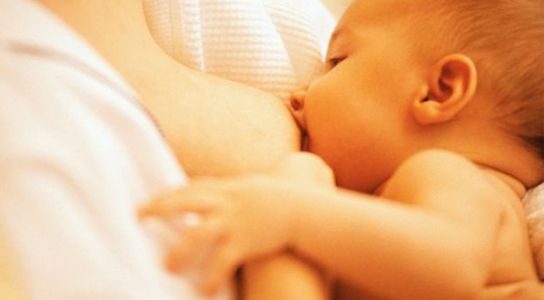
Researchers found that a naturally occurring sugar in breast milk can increase the risk of HIV transmission from an HIV-positive mother to her HIV-negative baby. However, not all milk sugars are problematic. More than five of the 150 complex sugars in breast milk seem to have a protective effect against HIV.
Scientists have discovered that a sugar that occurs naturally in breast milk can double the likelihood of a HIV-negative baby acquiring the virus from an HIV-positive mother. The molecule is called 3′-sialyllactose (3′-SL) and it is found in varying concentrations in the milk of women.
The scientists published their findings in the American Journal of Clinical Nutrition. However, not all milk sugars are problematic. More than five of the 150 complex sugars in breast milk seem to have a protective effect against HIV. The HIV-negative infants who consumed these sugars had a better chance of reaching their second birthday than HIV-negative babies who drank milk lacking those sugars.
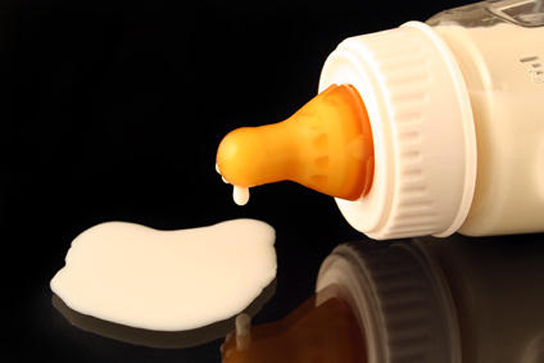
Several labs are currently trying to identify how the variation in sugar molecules in breast milk influences infant health. These sugars are called human milk oligosaccharides (HMOs). Once clear links have been established, the researchers can start clinical trials to come up with HMOs as health-boosting additives to infant formula milk. It also isn’t clear whether a HIV-positive mother who produces 3′-SL-rich milk should switch to formula feeding, as it’s unknown if this would raise or lower the chance of the baby succumbing to other intestinal or respiratory infections.
Reference: “Human milk oligosaccharide concentration and risk of postnatal transmission of HIV through breastfeeding” by Lars Bode, Louise Kuhn, Hae-Young Kim, Lauren Hsiao, Caroline Nissan, Moses Sinkala, Chipepo Kankasa, Mwiya Mwiya, Donald M Thea and Grace M Aldrovandi, 15 August 2012, American Journal of Clinical Nutrition.
DOI: 10.3945/ajcn.112.039503




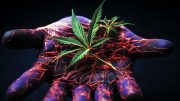
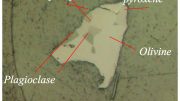

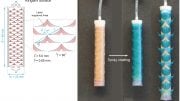
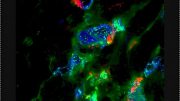
Be the first to comment on "Breast Milk Molecule Can Raise the Risk of HIV Transmission"